#hacker blue
Explore tagged Tumblr posts
Text

What if...
#steven universe#su#su au#finding pieces au#su yellow diamond#yellow diamond#fp yellow#collector yellow#su blue diamond#blue diamond#fp blue#hacker blue#black lonsdaleite#black lons#my art#gonna be very angst moments#she wont leave collector alone#bc shes her favorite toy#idk i just thinking about what if black lons enjoys shapeshifting...
227 notes
·
View notes
Text
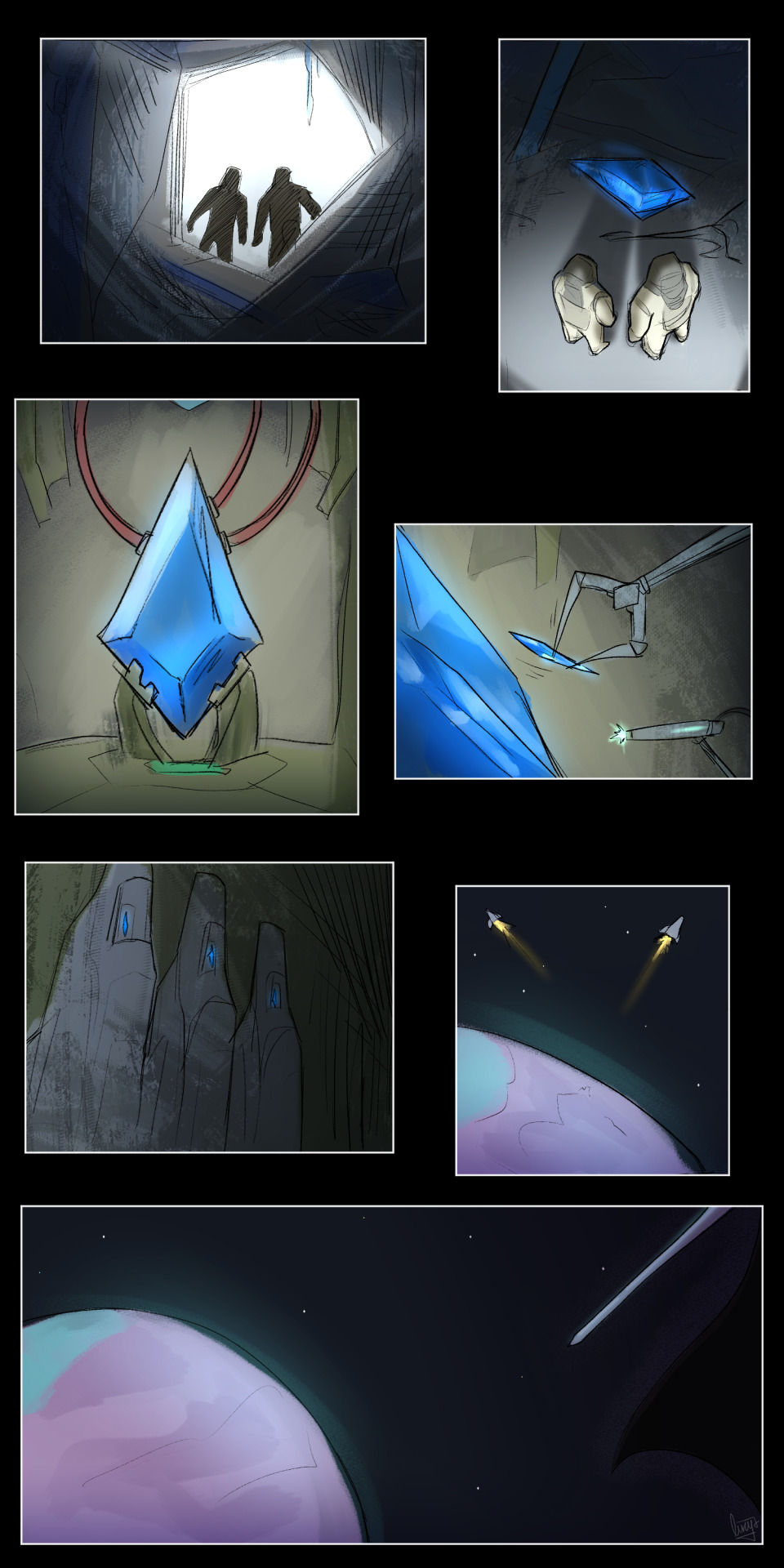

The Accident. Part 2 (Fin)
Now, we know how she shattered! Oh, to tell you just in case, Blue was not completely shattered when her gem was in other alien planet before got exploded.
and for now, hoping Collector finds all pieces.
(Asks are always welcome!)
139 notes
·
View notes
Text






[previous] [next]
Bickering INTENSIFIES
Finally got a mention of an Ad-Bloc in here, haha. An Ad-Bloc is when a group of Addisons in the same area form a tight-knit group, getting really involved in each other's lives and hanging out and sometimes working on projects together, that kind of thing. Ideally they're a valuable network to the Addisons in the Bloc, but they can lead to a lot of co-dependent relationships that can get very messy very quickly lol. Spamton was in the main four's Ad-Bloc before they ghosted him out of jealousy. There are actually a few more dupe colors in their Bloc, another yellow and another orange I think, but they don't show up because I thought it'd be really confusing lol.
[index] [patreon] [comicfury]
#deltarune#spamton#addisons#defragmentation#werewire#the hacker#virovirokun#pink addison#plugboy#blue addison#z art#z comic#where did spamton get that popcorn#i just really like ad-bloc as a pun#there's nothing i love more than making people codependent and weird about each other and you can bet on that#virovirokun from the front: cursed?#god i'm so tired#go to bed zar
855 notes
·
View notes
Text

Blonde haired girl on 7th avenue
Manhattan, New York, 2014
William Hacker
208 notes
·
View notes
Text
some really old Dreamswap cursed images I made






#If you are wondering Nightmare is shopping in disguise with his pet#dreamswap#ds dream#ds ink#ds cross#ds nightmare#ds error#I forgot the name of the chicken#ds blue#sans aus#sans au#ds hacker#ds bobby#ds randy
118 notes
·
View notes
Text
Almost TCU‘s Anniversary!!
I wanted to post the painting as soon as possible, so let me go ahead and congratulate this🥹🙏

#dreamswap#jmv#dintis#toasty cinematic universe#ds dream#ds nightmare#ds finch#ds ink#ds error#ds cross#ds hacker#ds blue#ds bobby#ds randy#dintis jet#dintis dark#jmv mercury#jmv zuli#jmv zircon#jmv silver#jmv koroit#jmv jade#jmv paraiba#jmv obsidian#jmv jasper
57 notes
·
View notes
Text




vinnie hacker
(c) deathless saints.
69 notes
·
View notes
Text


#mr robot#elliot alderson#darlene alderson#sam esmail#rami malek#carly chaikin#hackers#f society#blue aesthetic#shades of blue#tech aesthetic
162 notes
·
View notes
Text
The true post-cyberpunk hero is a noir forensic accountant

I'm touring my new, nationally bestselling novel The Bezzle! Catch me in TOMORROW (Apr 17) in CHICAGO, then Torino (Apr 21) Marin County (Apr 27), Winnipeg (May 2), Calgary (May 3), Vancouver (May 4), and beyond!

I was reared on cyberpunk fiction, I ended up spending 25 years at my EFF day-job working at the weird edge of tech and human rights, even as I wrote sf that tried to fuse my love of cyberpunk with my urgent, lifelong struggle over who computers do things for and who they do them to.
That makes me an official "post-cyberpunk" writer (TM). Don't take my word for it: I'm in the canon:
https://tachyonpublications.com/product/rewired-the-post-cyberpunk-anthology-2/
One of the editors of that "post-cyberpunk" anthology was John Kessel, who is, not coincidentally, the first writer to expose me to the power of literary criticism to change the way I felt about a novel, both as a writer and a reader:
https://locusmag.com/2012/05/cory-doctorow-a-prose-by-any-other-name/
It was Kessel's 2004 Foundation essay, "Creating the Innocent Killer: Ender's Game, Intention, and Morality," that helped me understand litcrit. Kessel expertly surfaces the subtext of Card's Ender's Game and connects it to Card's politics. In so doing, he completely reframed how I felt about a book I'd read several times and had considered a favorite:
https://johnjosephkessel.wixsite.com/kessel-website/creating-the-innocent-killer
This is a head-spinning experience for a reader, but it's even wilder to experience it as a writer. Thankfully, the majority of literary criticism about my work has been positive, but even then, discovering something that's clearly present in one of my novels, but which I didn't consciously include, is a (very pleasant!) mind-fuck.
A recent example: Blair Fix's review of my 2023 novel Red Team Blues which he calls "an anti-finance finance thriller":
https://economicsfromthetopdown.com/2023/05/13/red-team-blues-cory-doctorows-anti-finance-thriller/
Fix – a radical economist – perfectly captures the correspondence between my hero, the forensic accountant Martin Hench, and the heroes of noir detective novels. Namely, that a noir detective is a kind of unlicensed policeman, going to the places the cops can't go, asking the questions the cops can't ask, and thus solving the crimes the cops can't solve. What makes this noir is what happens next: the private dick realizes that these were places the cops didn't want to go, questions the cops didn't want to ask and crimes the cops didn't want to solve ("It's Chinatown, Jake").
Marty Hench – a forensic accountant who finds the money that has been disappeared through the cells in cleverly constructed spreadsheets – is an unlicensed tax inspector. He's finding the money the IRS can't find – only to be reminded, time and again, that this is money the IRS chooses not to find.
This is how the tax authorities work, after all. Anyone who followed the coverage of the big finance leaks knows that the most shocking revelation they contain is how stupid the ruses of the ultra-wealthy are. The IRS could prevent that tax-fraud, they just choose not to. Not for nothing, I call the Martin Hench books "Panama Papers fanfic."
I've read plenty of noir fiction and I'm a long-term finance-leaks obsessive, but until I read Fix's article, it never occurred to me that a forensic accountant was actually squarely within the noir tradition. Hench's perfect noir fit is either a happy accident or the result of a subconscious intuition that I didn't know I had until Fix put his finger on it.
The second Hench novel is The Bezzle. It's been out since February, and I'm still touring with it (Chicago tonight! Then Turin, Marin County, Winnipeg, Calgary, Vancouver, etc). It's paying off – the book's a national bestseller.
Writing in his newsletter, Henry Farrell connects Fix's observation to one of his own, about the nature of "hackers" and their role in cyberpunk (and post-cyberpunk) fiction:
https://www.programmablemutter.com/p/the-accountant-as-cyberpunk-hero
Farrell cites Bruce Schneier's 2023 book, A Hacker’s Mind: How the Powerful Bend Society’s Rules and How to Bend Them Back:
https://pluralistic.net/2023/02/06/trickster-makes-the-world/
Schneier, a security expert, broadens the category of "hacker" to include anyone who studies systems with an eye to finding and exploiting their defects. Under this definition, the more fearsome hackers are "working for a hedge fund, finding a loophole in financial regulations that lets her siphon extra profits out of the system." Hackers work in corporate offices, or as government lobbyists.
As Henry says, hacking isn't intrinsically countercultural ("Most of the hacking you might care about is done by boring seeming people in boring seeming clothes"). Hacking reinforces – rather than undermining power asymmetries ("The rich have far more resources to figure out how to gimmick the rules"). We are mostly not the hackers – we are the hacked.
For Henry, Marty Hench is a hacker (the rare hacker that works for the good guys), even though "he doesn’t wear mirrorshades or get wasted chatting to bartenders with Soviet military-surplus mechanical arms." He's a gun for hire, that most traditional of cyberpunk heroes, and while he doesn't stand against the system, he's not for it, either.
Henry's pinning down something I've been circling around for nearly 30 years: the idea that though "the street finds its own use for things," Wall Street and Madison Avenue are among the streets that might find those uses:
https://craphound.com/nonfic/street.html
Henry also connects Martin Hench to Marcus Yallow, the hero of my YA Little Brother series. I have tried to make this connection myself, opining that while Marcus is a character who is fighting to save an internet that he loves, Marty is living in the ashes of the internet he lost:
https://pluralistic.net/2023/05/07/dont-curb-your-enthusiasm/
But Henry's Marty-as-hacker notion surfaces a far more interesting connection between the two characters. Marcus is a vehicle for conveying the excitement and power of hacking to young readers, while Marty is a vessel for older readers who know the stark terror of being hacked, by the sadistic wolves who're coming for all of us:
https://www.youtube.com/watch?v=I44L1pzi4gk
Both Marcus and Marty are explainers, as am I. Some people say that exposition makes for bad narrative. Those people are wrong:
https://maryrobinettekowal.com/journal/my-favorite-bit/my-favorite-bit-cory-doctorow-talks-about-the-bezzle/
"Explaining" makes for great fiction. As Maria Farrell writes in her Crooked Timber review of The Bezzle, the secret sauce of some of the best novels is "information about how things work. Things like locks, rifles, security systems":
https://crookedtimber.org/2024/03/06/the-bezzle/
Where these things are integrated into the story's "reason and urgency," they become "specialist knowledge [that] cuts new paths to move through the world." Hacking, in other words.
This is a theme Paul Di Filippo picked up on in his review of The Bezzle for Locus:
https://locusmag.com/2024/04/paul-di-filippo-reviews-the-bezzle-by-cory-doctorow/
Heinlein was always known—and always came across in his writings—as The Man Who Knew How the World Worked. Doctorow delivers the same sense of putting yourself in the hands of a fellow who has peered behind Oz’s curtain. When he fills you in lucidly about some arcane bit of economics or computer tech or social media scam, you feel, first, that you understand it completely and, second, that you can trust Doctorow’s analysis and insights.
Knowledge is power, and so expository fiction that delivers news you can use is novel that makes you more powerful – powerful enough to resist the hackers who want to hack you.
Henry and I were both friends of Aaron Swartz, and the Little Brother books are closely connected to Aaron, who helped me with Homeland, the second volume, and wrote a great afterword for it (Schneier wrote an afterword for the first book). That book – and Aaron's afterword – has radicalized a gratifying number of principled technologists. I know, because I meet them when I tour, and because they send me emails. I like to think that these hackers are part of Aaron's legacy.
Henry argues that the Hench books are "purpose-designed to inspire a thousand Max Schrems – people who are probably past their teenage years, have some grounding in the relevant professions, and really want to see things change."
(Schrems is the Austrian privacy activist who, as a law student, set in motion the events that led to the passage of the EU's General Data Privacy Regulation:)
https://pluralistic.net/2020/05/15/out-here-everything-hurts/#noyb
Henry points out that William Gibson's Neuromancer doesn't mention the word "internet" – rather, Gibson coined the term cyberspace, which, as Henry says, is "more ‘capitalism’ than ‘computerized information'… If you really want to penetrate the system, you need to really grasp what money is and what it does."
Maria also wrote one of my all-time favorite reviews of Red Team Blues, also for Crooked Timber:
https://crookedtimber.org/2023/05/11/when-crypto-meant-cryptography/
In it, she compares Hench to Dickens' Bleak House, but for the modern tech world:
You put the book down feeling it’s not just a fascinating, enjoyable novel, but a document of how Silicon Valley’s very own 1% live and a teeming, energy-emitting snapshot of a critical moment on Earth.
All my life, I've written to find out what's going on in my own head. It's a remarkably effective technique. But it's only recently that I've come to appreciate that reading what other people write about my writing can reveal things that I can't see.

If you'd like an essay-formatted version of this post to read or share, here's a link to it on pluralistic.net, my surveillance-free, ad-free, tracker-free blog:
https://pluralistic.net/2024/04/17/panama-papers-fanfic/#the-1337est-h4x0rs

Image: Frédéric Poirot (modified) https://www.flickr.com/photos/fredarmitage/1057613629 CC BY-SA 2.0 https://creativecommons.org/licenses/by-sa/2.0/
#pluralistic#science fiction#cyberpunk#literary criticism#maria farrell#henry farrell#noir#martin hench#marty hench#red team blues#the bezzle#forensic accountants#hackers#bruce schneier#post-cyberpunk#blair fix
208 notes
·
View notes
Text
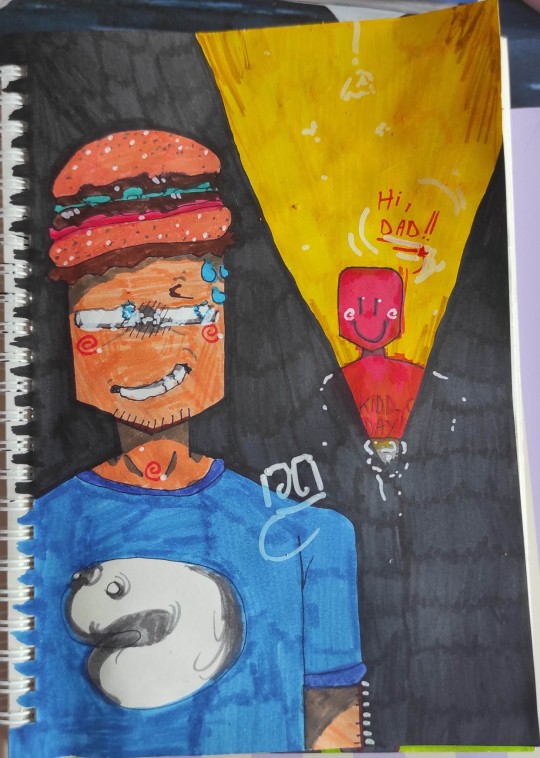
👁️Hi, DAD !👁️
( Sell available on Vinted for the original above ↑ : https://www.vinted.be/items/6656921946-roblox-forsaken-oeuvre-a5 )
#artwork#art#colors#traditional#traditional art#traditional artwork#meme#Roblox#forsaken#Roblox Forsaken#C00lkidd#coolkidd#forsaken Coolkidd#forsaken C00lkidd#hacker#007n7#forsaken 007n7#funny#forsaken même#makers#red#blue#black#vinted#drawing#paper#format A5#fanart#C00lkidd fanart#007n7 fanart
28 notes
·
View notes
Text


Don't go.
#steven universe#su#su au#finding pieces au#su yellow diamond#yellow diamond#fp yellow#collector#su blue diamond#blue diamond#fp blue#hacker#bellow diamond#fp bellow#my art#used reference
271 notes
·
View notes
Note
So, hey there, this looks like a fun AU!
Can I ask, what happened that got Blue Shattered? And what scattered all her pieces? Seems like a lot of effort to go through, so it can't have been an accident.
well, we've been working on the stories for a long time. But now we can tell you the backstory why Hacker is shattered! we will make 'The Accident' part 2 soon!
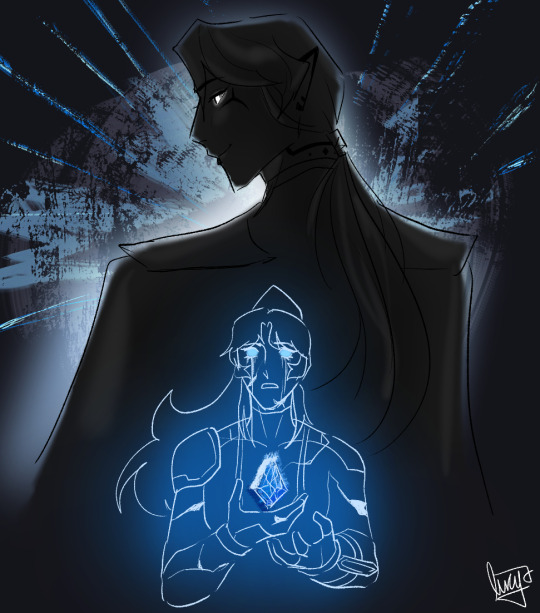
75 notes
·
View notes
Text
Happy new year! Dreamswap


#art#dreamswap#undertale#ds dream#ds ink#ds blue#ds finch#ds hacker#dream#ink#blue#finch#hacker#color#killer
48 notes
·
View notes
Text





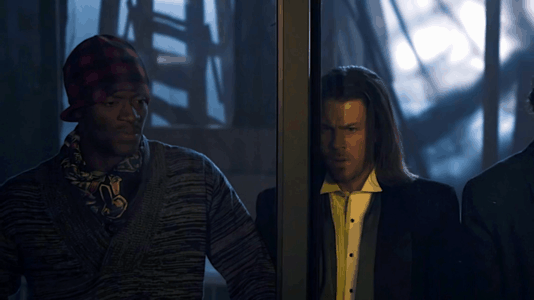


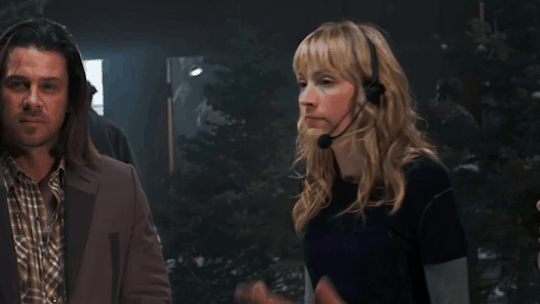


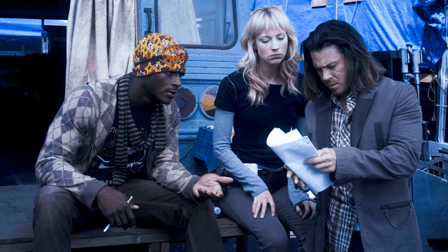




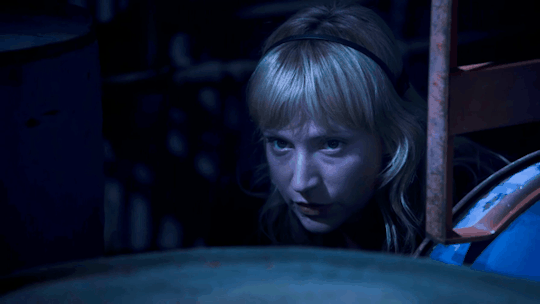






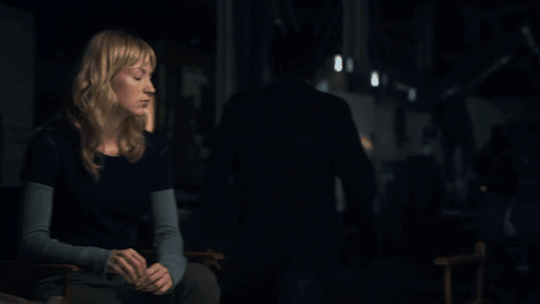
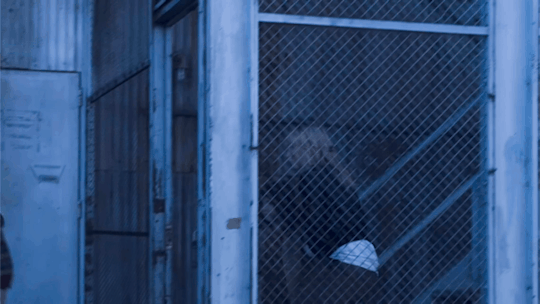


The Leverage OT3 in Every Episode
Leverage (2008-2012)
01x09 The Stork Job
#back on my bs#one of my fav episodes#but soooo many scenes to gif#so many little moments that i love that i just had to include#but goodness i wish it wasnt so blue toned?#like even editing i feel like the gifs are so inconsistent#but i wanted to get this out there because i cant believe its been more than a month since my last one#also the faces in this episode and the looks between them ugh i love them#especially the end Eliot’s so happy Hardison gets to make something explode#leverage ot3#ot3: hitter hacker thief#inde gifs#the stork job#the leverage ot3 in every episode#leverage ot3 casual touches#inde gifs: the stork job#inde gifs: leverage ot3#inde gifs: the leverage ot3 in every episode#inde gifs: leverage ot3 casual touches#flash warning#leverage
77 notes
·
View notes
Text









instead of sending flowers, come back to me / and hold me in your arms again.
🌻🌧️🥀 🌧️🪞🌧️ 🥀🌧️🌻
johnjane stimboard for @antennas-to-heaven !! we love doomed relationships in this house -i say while holding back several tears-

#🪅 ¦ happy birthday to you!!! ; boards#roblox#roblox hackers#forsaken#roblox forsaken#john doe#jane doe#yellow#blue#red#black#flowers#plants#mushrooms#glitch#landscape#places#liquid#glowing#stim#stimboard#stimblr
25 notes
·
View notes
Text

Happy Anniversary🎉
They're 8 lol😂
#dreamswap#ds dream#ds nightmare#ds finch#ds ink#ds cross#ds error#ds blue#ds randy#ds bobby#ds hacker
122 notes
·
View notes